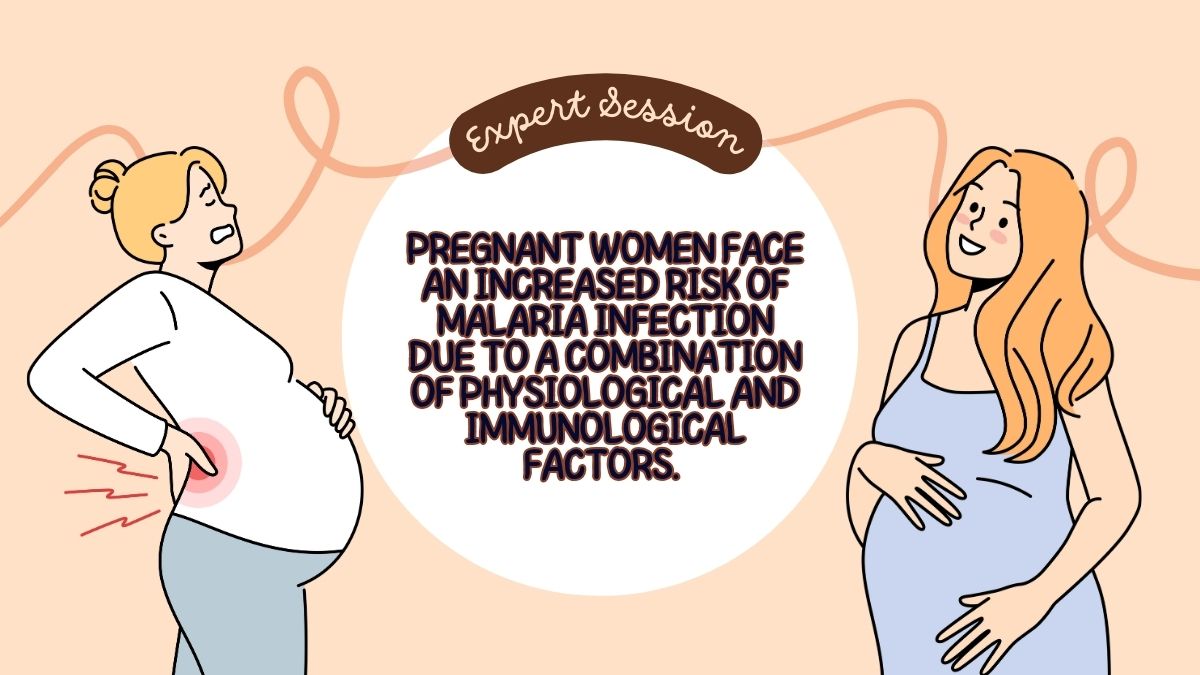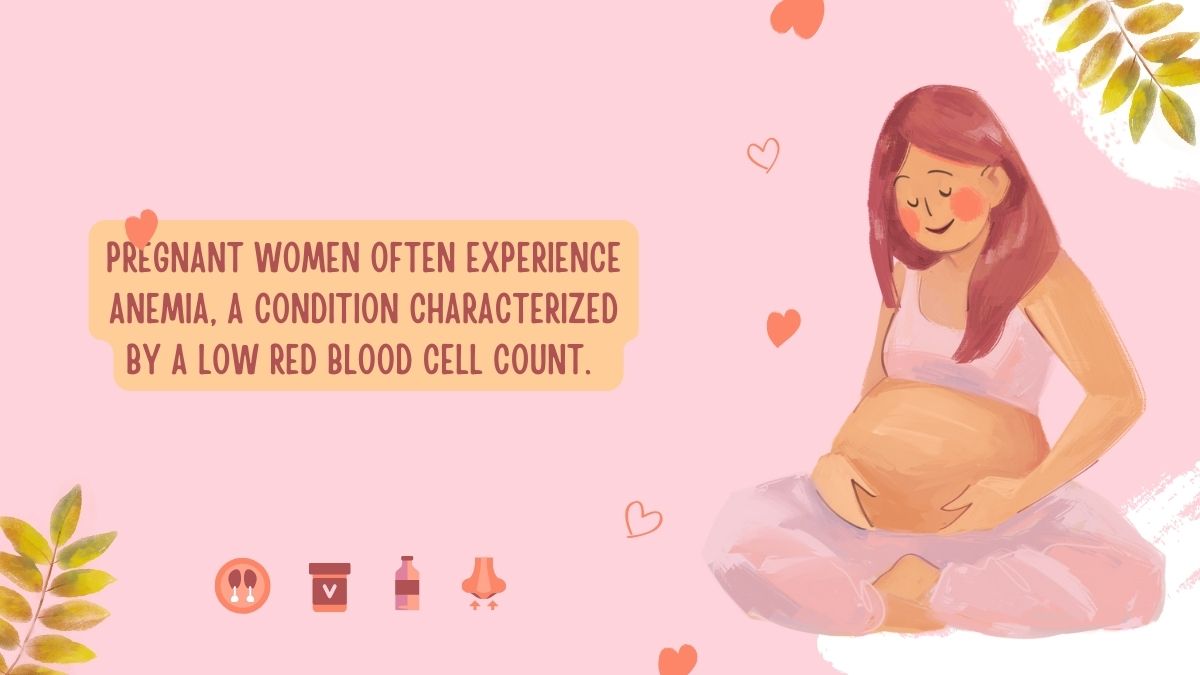- By Priyanka Munshi
- Thu, 25 Apr 2024 09:34 AM (IST)
- Source:JND
Pregnant women are at a higher risk of malaria infection due to changes in their immune system and hormonal fluctuations, making them more susceptible to the malaria parasite. Malaria during pregnancy can have serious consequences for both the mother and the unborn child, including maternal anemia, low birth weight, premature birth, and even stillbirth.
The infection can also lead to complications such as severe anemia and organ failure in pregnant women. Additionally, malaria in pregnancy increases the risk of maternal mortality. Therefore, it is essential for pregnant women living in or traveling to malaria-endemic areas to take preventive measures such as sleeping under insecticide-treated bed nets and insect repellents to protect themselves and their unborn babies from malaria infection.

Pregnant women also face difficulties like severe anemia and organ failure.(Image Credit:Canva)
In a conversation with Jagran English Dr. Anusha Rao P who is a Consultant Obstetrics & Gynaecology at Yashoda Hospitals in Hyderabad talked about Why pregnant women are at higher risk of malaria infection?
As per Dr. Anusha, Pregnant women face an increased risk of malaria infection due to a combination of physiological and immunological factors. During pregnancy, hormonal changes alter the immune response, making women more susceptible to infections like malaria. Additionally, the expanding uterus can compress blood vessels, reducing blood flow to certain organs, including the spleen, which plays a crucial role in fighting off malaria parasites. This diminished blood flow can impair the spleen's ability to clear infected red blood cells, allowing the malaria parasite to proliferate unchecked.
Also Read: 5 Types Of Breakfast Sandwiches For Quick Weight Loss
pregnant women often experience anemia, a condition characterized by a low red blood cell count. Anemia weakens the body's ability to transport oxygen and fight infections, further increasing susceptibility to malaria.
To prevent malaria, pregnant women should use insecticide-treated bed nets and insect repellents in malaria-endemic areas.(Image Credit:Canva)

Additionally, the placenta, which develops during pregnancy to nourish the fetus, can become a site of malaria parasite accumulation. Placental malaria not only threatens the health of the mother but also increases the risk of adverse outcomes for the unborn child, including low birth weight and preterm delivery. socio-economic factors such as limited access to healthcare, inadequate housing, and lack of insecticide-treated bed nets contribute to the higher incidence of malaria among pregnant women, particularly in regions where the disease is endemic.
Also Read: Top 20 Short And Meaningful Quotes By William Shakespeare About Love, Life And Success
At last Dr. Anusha said, To mitigate these risks, pregnant women in malaria-endemic areas are often advised to take preventive measures such as sleeping under insecticide-treated bed nets, taking antimalarial medications, and seeking prompt medical care for fevers or other symptoms suggestive of malaria.

